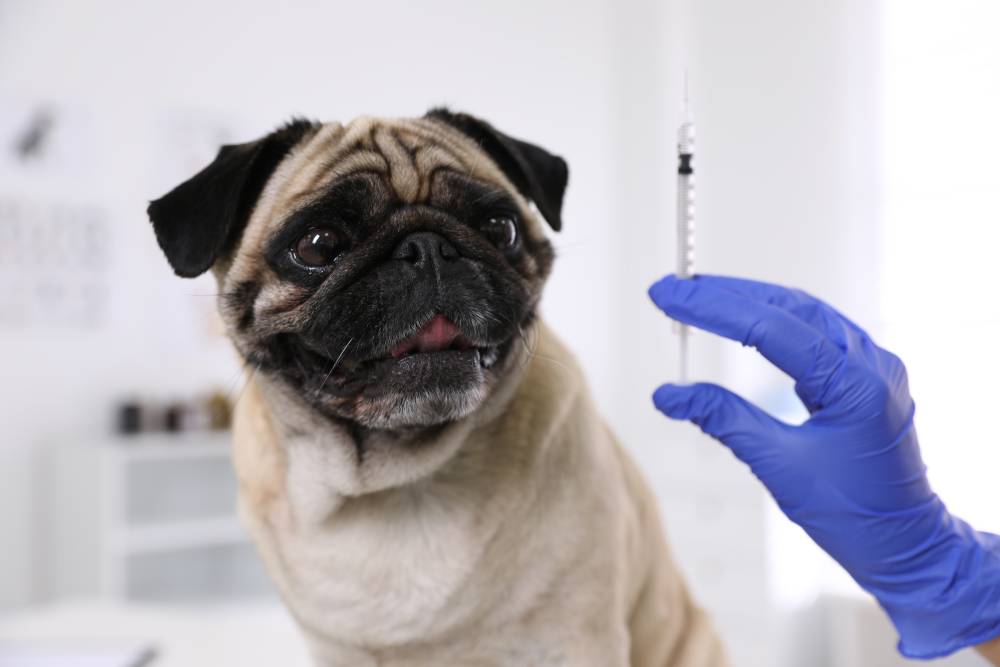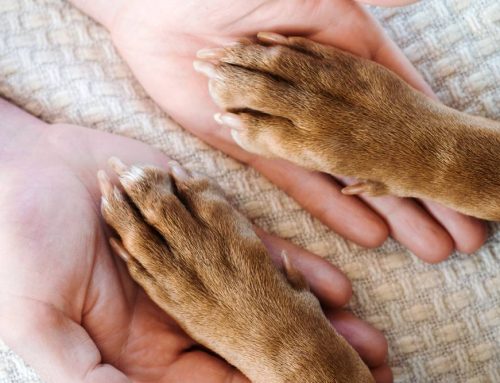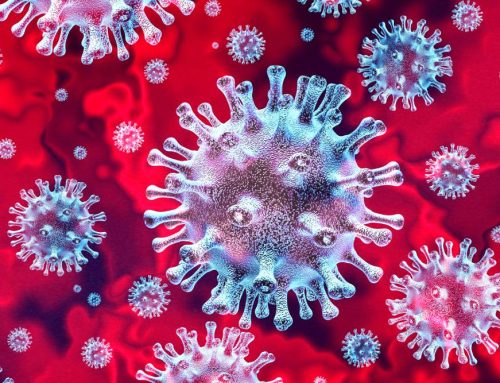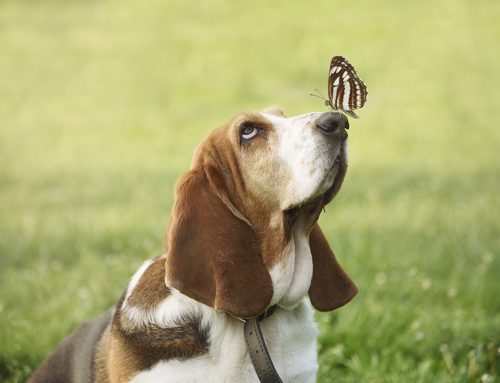Pet owners may remember a time when their veterinarian regularly vaccinated their dogs and puppies for coronavirus. Seeing the chart notation “CV”, for coronavirus vaccination, next to “BV” and “RV” (Bordatella and Rabies, respectively) was once ubiquitous inpatient charts at our clinic. But as concerns increased regarding adverse reactions to vaccination, veterinarians reduced the number of vaccinations that were considered “core” vaccines, thus reducing the number of vaccines that pets were required to receive. Of the many vaccines available for dogs today, the canine coronavirus vaccine is considered by many to be one of the least important.
What is Canine Coronavirus?
The canine coronavirus vaccine protects against CCoV, a strain of coronavirus that typically causes mild diarrhea in dogs. While this virus is highly infectious and easily spread, it’s not usually life-threatening. Because the illness typically clears up on its own within days, many experts believe only very young puppies or immunocompromised dogs need the CCoV vaccination.
Canine coronavirus is spread to dogs by contact with infected feces. This may happen when dogs sniff or lick contaminated food, flooring, soil, or other infected dogs. They may roll in infected soil/grass and then ingest the virus through grooming their own coats. Like humans and the common cold, the vast majority of dogs are exposed to this virus at some point in their lives. Mortality rates for canine coronavirus are low. Canine coronavirus and parvovirus may be simultaneously present, however, and when a dog is infected with both, the risk of mortality is significantly increased.
Canine coronavirus causes symptoms that are similar to many other canine conditions that affect the gastrointestinal system. Because coronavirus attacks the rapidly growing cells of the intestinal lining, common clinical signs include nausea, vomiting, bloody diarrhea, and lack of appetite. Dogs may also be completely asymptomatic. Treatment, when necessary, typically includes supportive care and prevention/correction of dehydration due to vomiting and diarrhea.
Does CCoV Vaccination Provide Protection against COVID-19?
When it comes to hopes for potential cross-strain protection, the answer is no. The CCoV vaccine doesn’t even work against other forms of canine coronavirus that have long affected dogs, like CRCoV, which gives most dogs a cough and a runny nose. It has even less chance of being effective against the new and unique SARS-CoV-2 strain behind the current human pandemic, which causes COVID-19 (to be clear, the virus itself is called SARS-CoV-2, and the disease it causes is called COVID-19).
Buying doses of canine coronavirus vaccine to protect dogs or humans from this pandemic is wasteful at best. And since the CCoV vaccine has never been tested for safety in humans, it is potentially dangerous.
The best thing to do for yourself and your pet is to
- Stay at home
- Wash your hands
- Refrain from touching your face
- Hug your pets. Be safe out there.
For more information about COVID-19 and your pet see, COVID-19 and Your Pet
Concierge-level pet care at Animal Care Clinic
In light of this period of uncertainty with COVID-19, we understand that there are concerns about interactions with the public. We have implemented the recommended social distancing measures in the workplace as instructed by the Centers for Disease Control and Prevention. Please see our COVID-19 Update and Safety Precautions page for more information.







Leave A Comment